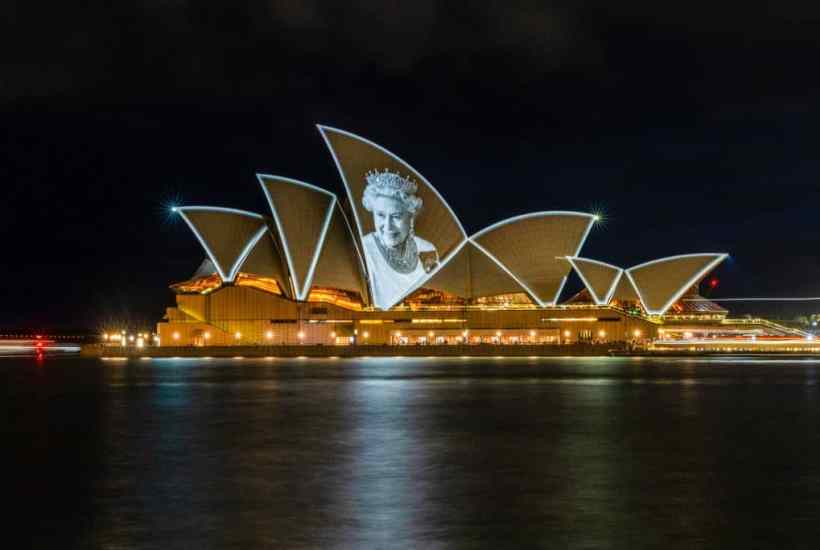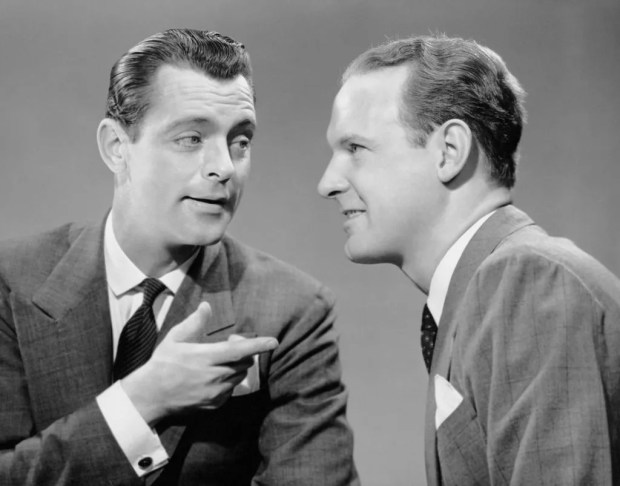Without Queen Elizabeth II, Head of the Commonwealth, there would be no Commonwealth today at all. Long after the organisation had lost its charm for both British progressives, who increasingly saw it as an imperial hangover, and conservatives, dismissive of what they viewed as a grouping of ex-colonials asking for money and making awkward demands, the Queen carried on championing it, sometimes against her own British prime ministers.
It is impossible if not reckless to speak of a unified Commonwealth reaction to her death though. The association’s motley members range from countries where the Queen was head of state, to former British colonies which have adopted other forms of government, to newcomers such as Togo and Gabon, which have never spent a day under British rule. The varied reactions to the Queen’s death in the Commonwealth shows the ambiguity of an organisation originally established to shore up British power, but which has since branched off into other directions.
In the older realms such as Canada and Australia the reaction to the Queen’s death has been similar, albeit less intense, to that in Britain. Though Australia and New Zealand are both led by republican premiers, both Anthony Albanese (who recently appointed a minister for the republic) and Jacinda Ardern gave heartfelt tributes, and neither made any immediate nods to their republicanism. Justin Trudeau, who only a few months ago refused to sanction a medal to commemorate the Platinum Jubilee, seemed to be on the verge of tears when he spoke of his past conversations with the Queen.
Even hardcore republicans reacted, on the whole, with surprising respect. The former Australian prime minister Paul Keating – whose strident opposition to the monarchy perhaps obscured a sort of sentimental monarchism not uncommon among republicans of a certain generation – praised her in thoughtful terms which put to shame many of the eulogies given in Westminster. In Quebec, where hostility to the monarchy was such that her visit in 1964 provoked riots, the nationalist premier ordered flags to be half-masted, though he kept things ambiguous by offering his condolences to the British people, a rhetorical manoeuvre also used by republican politicians elsewhere in the realms.
For all the violent, and sometimes hysterical, reactions to her death from western journalists and academics, ‘republican’ parts of the Commonwealth (a few have their own monarchies) have sent their own heartfelt tributes to the Queen. Much of this is down to diplomatic protocol, but the Queen’s personal popularity will have played an important role as well. After all, whilst tributes to deceased foreign heads of state are customary, they are not required to be this fulsome.
It is important to not read too much into those expressions of grief, just as it is a mistake to treat colonial nostalgia as a genuine yearning for return to the days of empire. This was powerfully illustrated by Narendra Modi’s reaction to the Queen’s death. As he offered his condolences and announced a day’s official mourning in India, he also unveiled a sculpture of Subhas Chandra Bose – the second world war fascist collaborator who organised an anti-British army – in a spot in central Delhi once occupied by a sculpture of George V. The symbolism was deliberate. And yet evidently Modi saw nothing contradictory about the two gestures. Memories of British rule are complex and often contradictory, as are post-colonial reactions to that legacy.
For now, the medium-term future of the Crown’s association with the Commonwealth seems reasonably certain. At the 2018 Commonwealth Heads of Government Meeting, the Queen used her considerable personal prestige to secure an agreement that Charles should succeed her as Head of Commonwealth, a non-hereditary title.
As someone who was brought up to believe that the British political community did not end at Dover but Cape Town, the Queen was in many ways the perfect fit for her Commonwealth role. She could still, for instance, speak of her visits to Canada as ‘coming home’ without sounding insincere. The younger generation of royals are much more British in their outlook. And it is not clear if Prince William, say, will relish touring far-flung realms as much as his grandmother did. After all, the core business of the House of Windsor was and remains in the United Kingdom.
The Queen was able to reconcile her role as British head of state with her role as head of a large and disparate Commonwealth, even when the two roles occasionally conflicted with each other. Will her heirs and successors follow her lead? There is simply no way to tell.
Got something to add? Join the discussion and comment below.
Get 10 issues for just $10
Subscribe to The Spectator Australia today for the next 10 magazine issues, plus full online access, for just $10.



















Comments
Don't miss out
Join the conversation with other Spectator Australia readers. Subscribe to leave a comment.
SUBSCRIBEAlready a subscriber? Log in